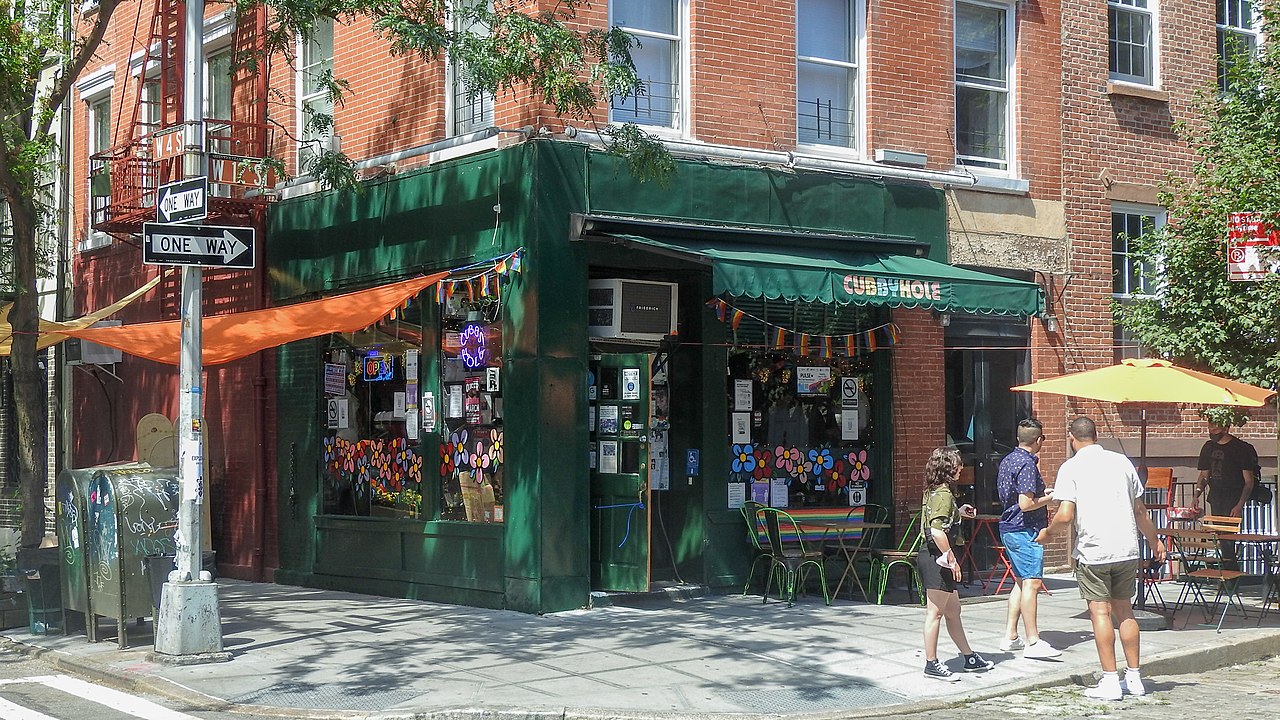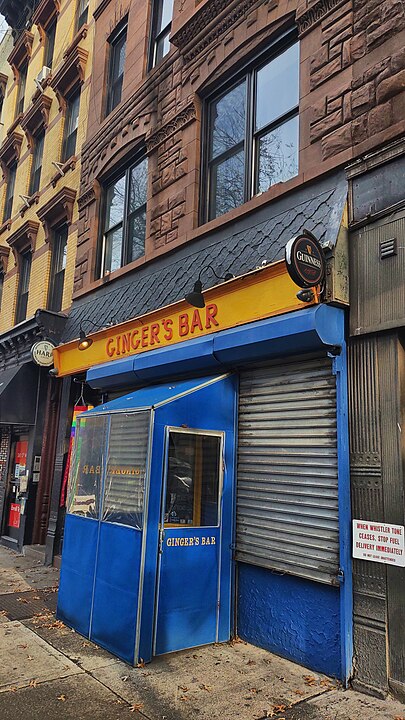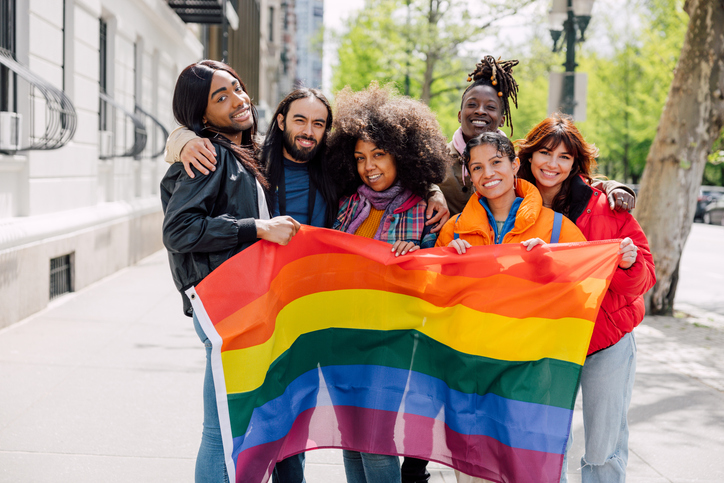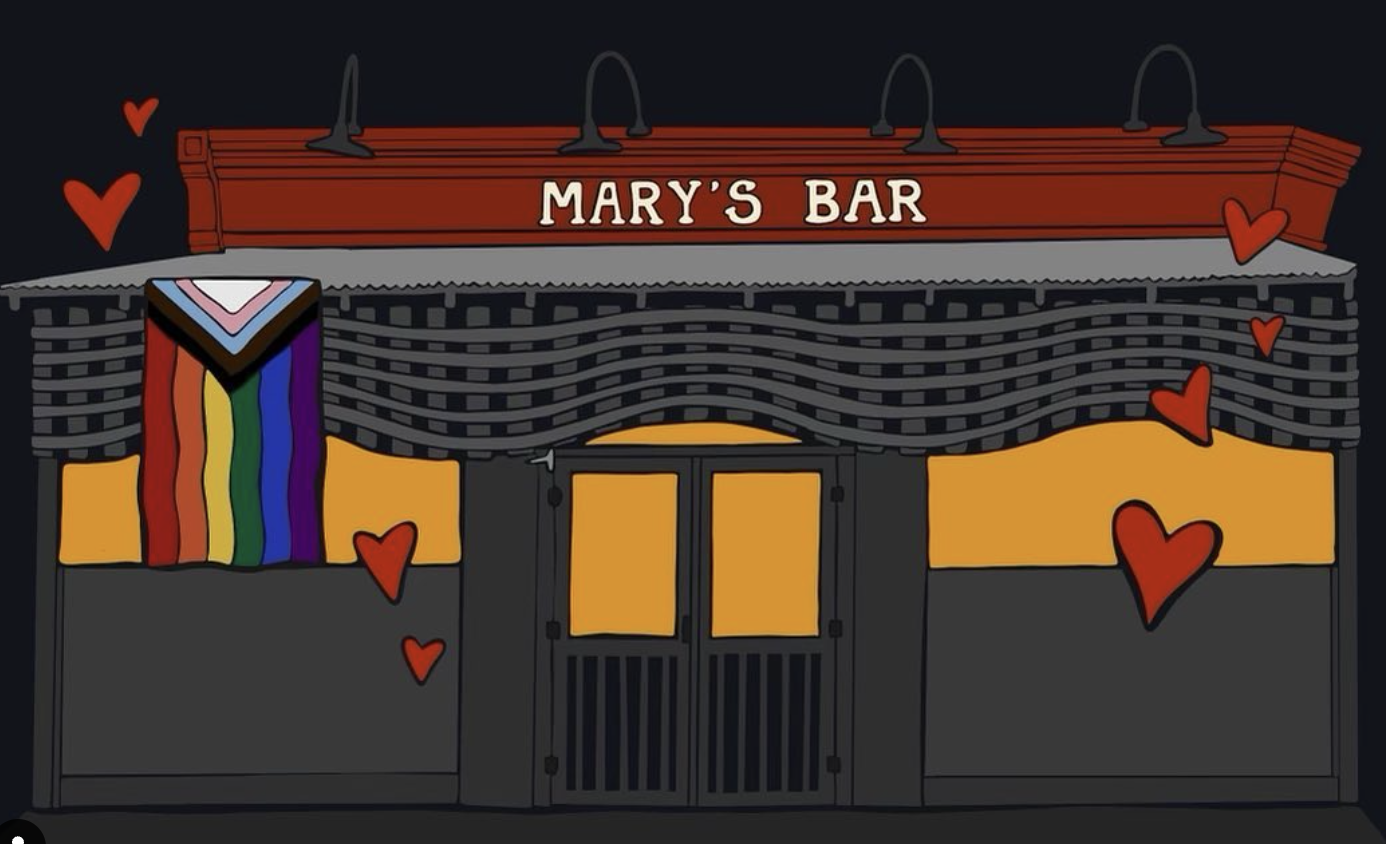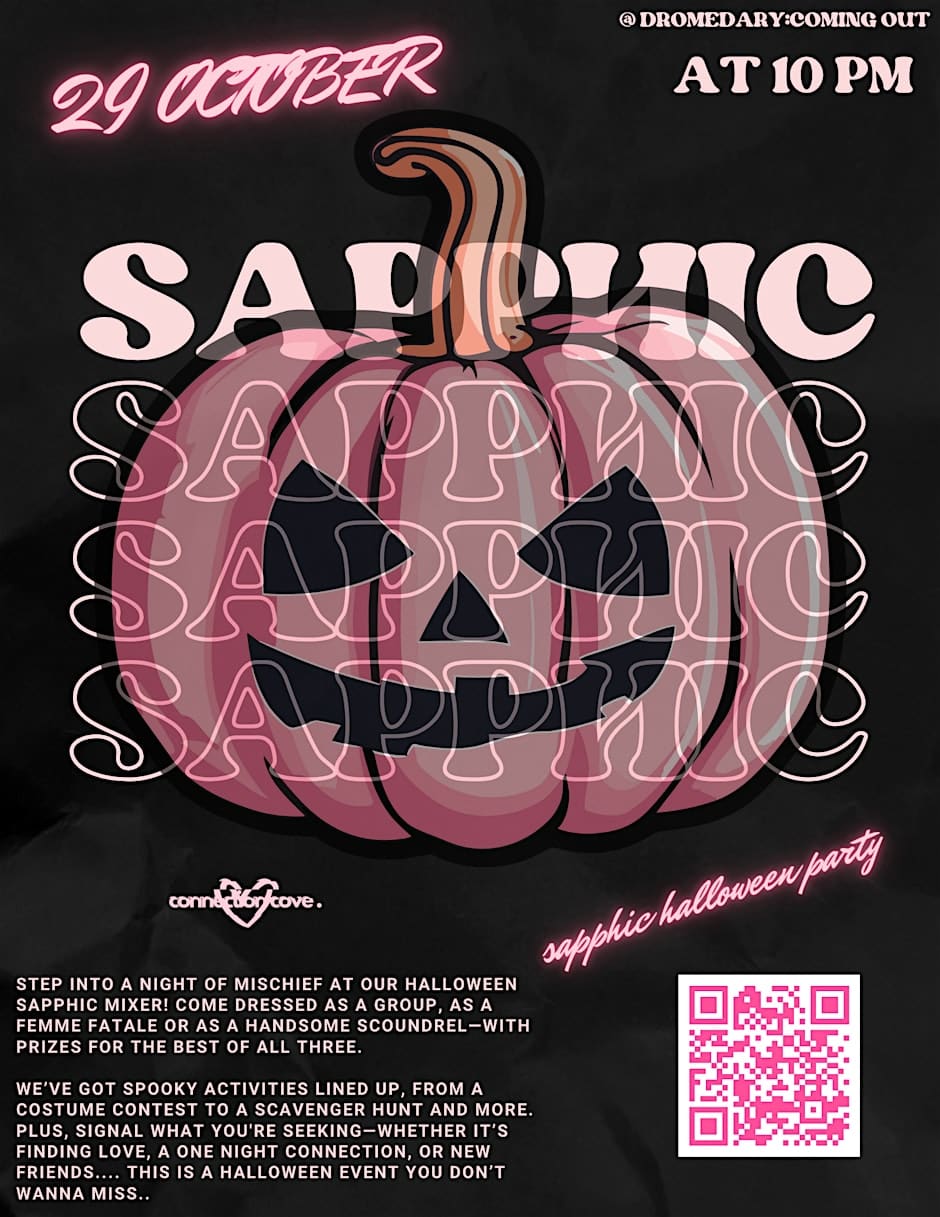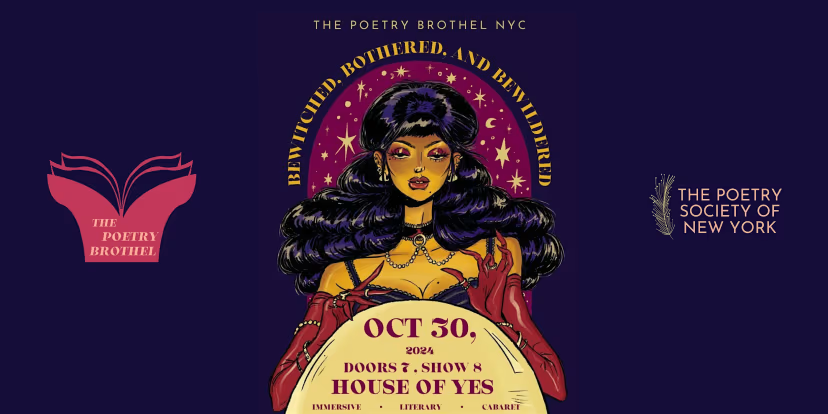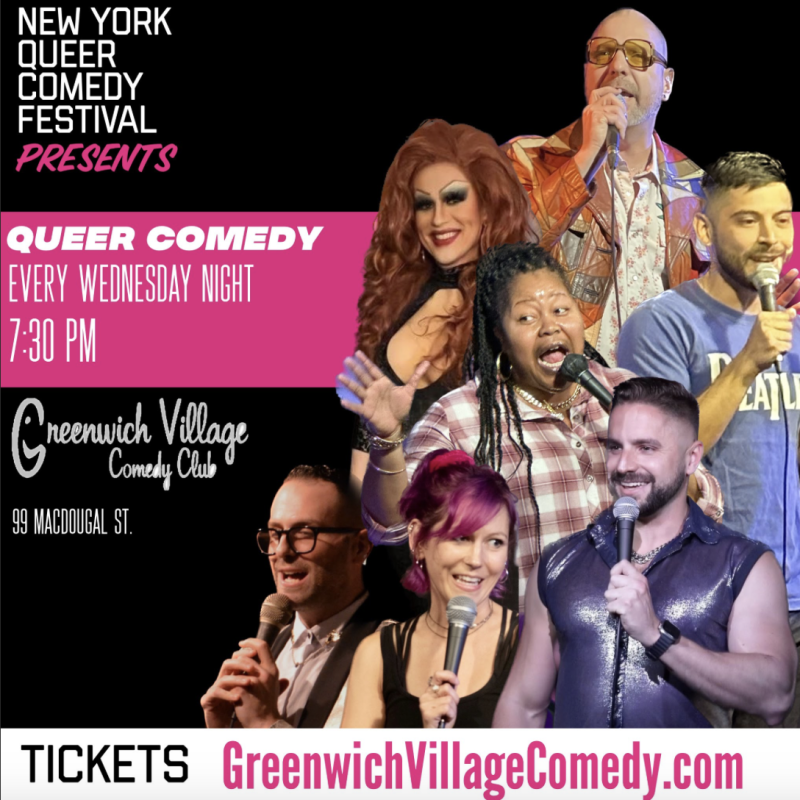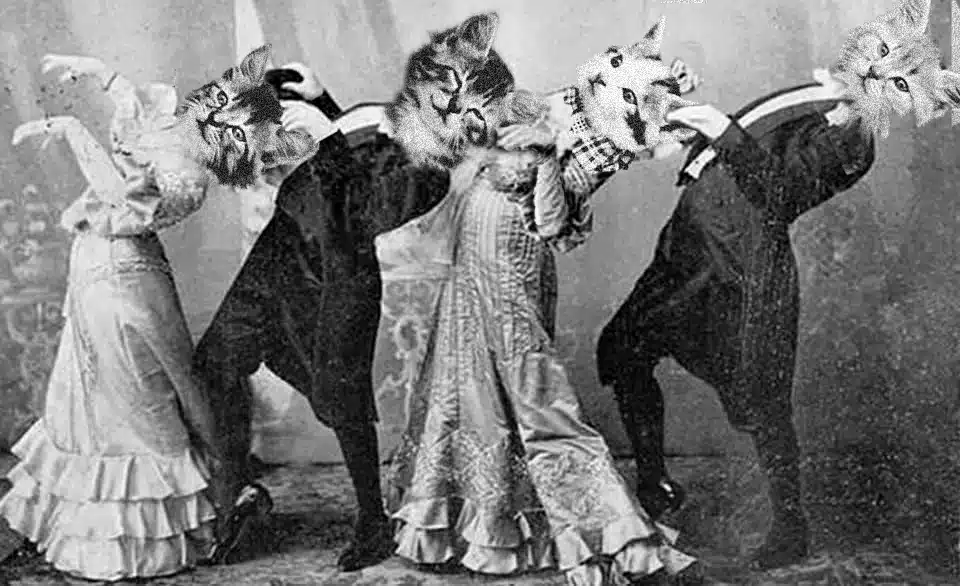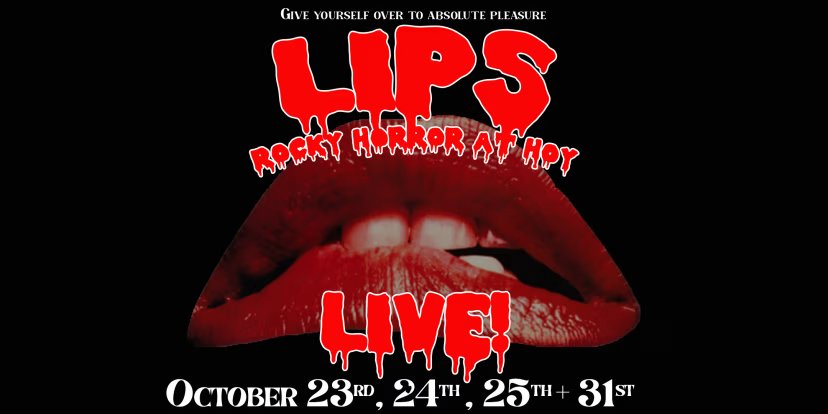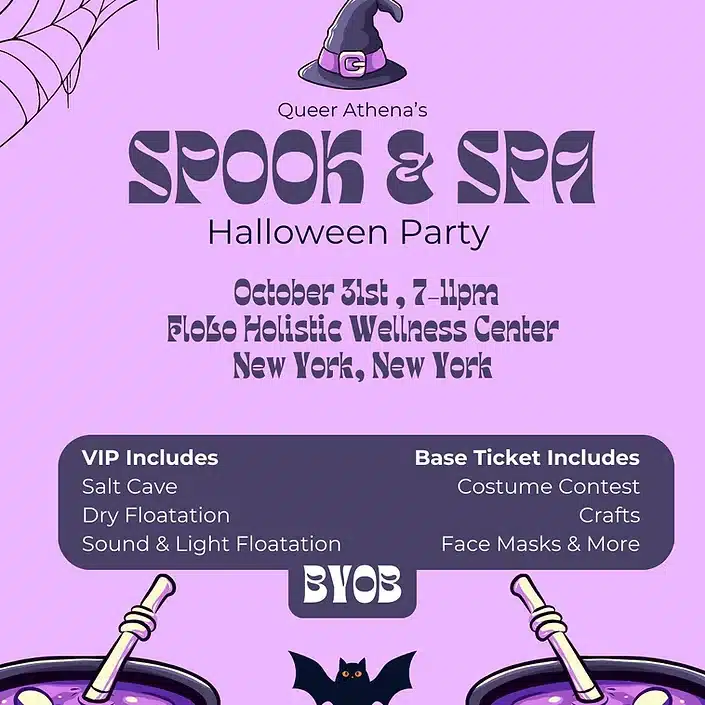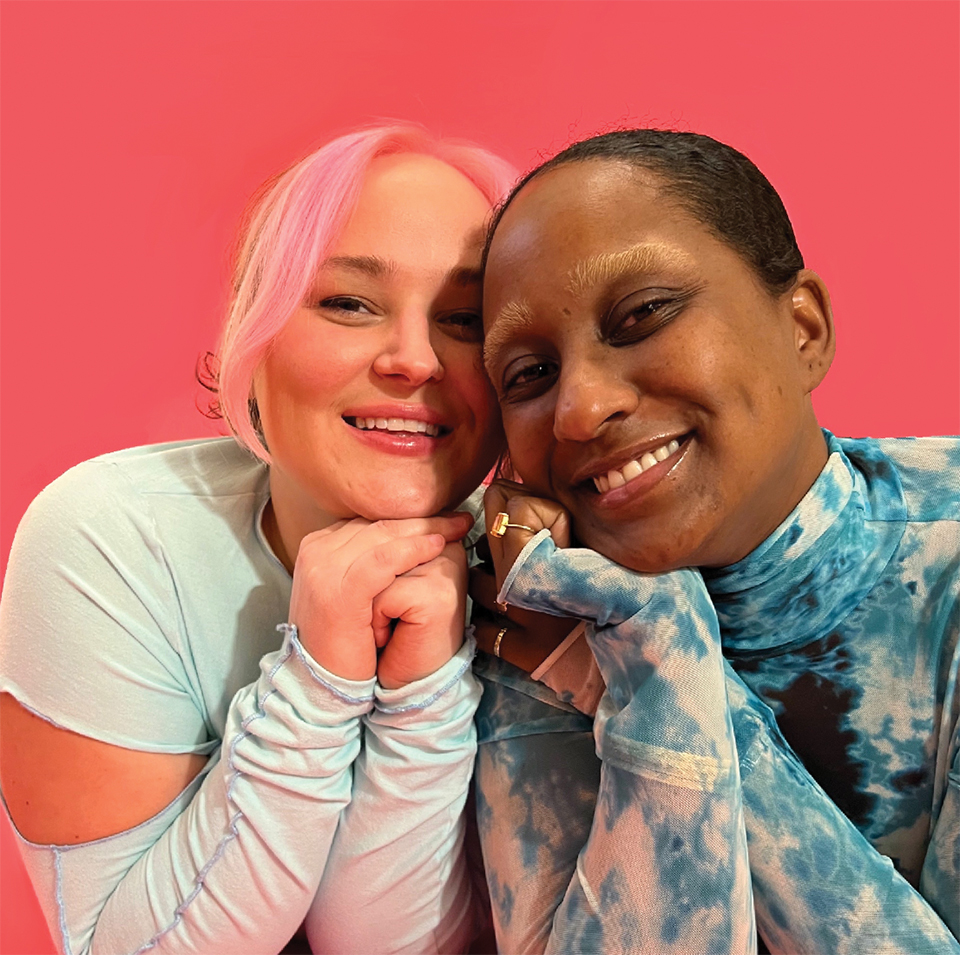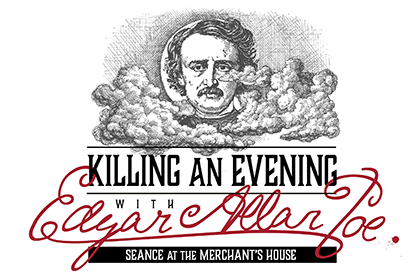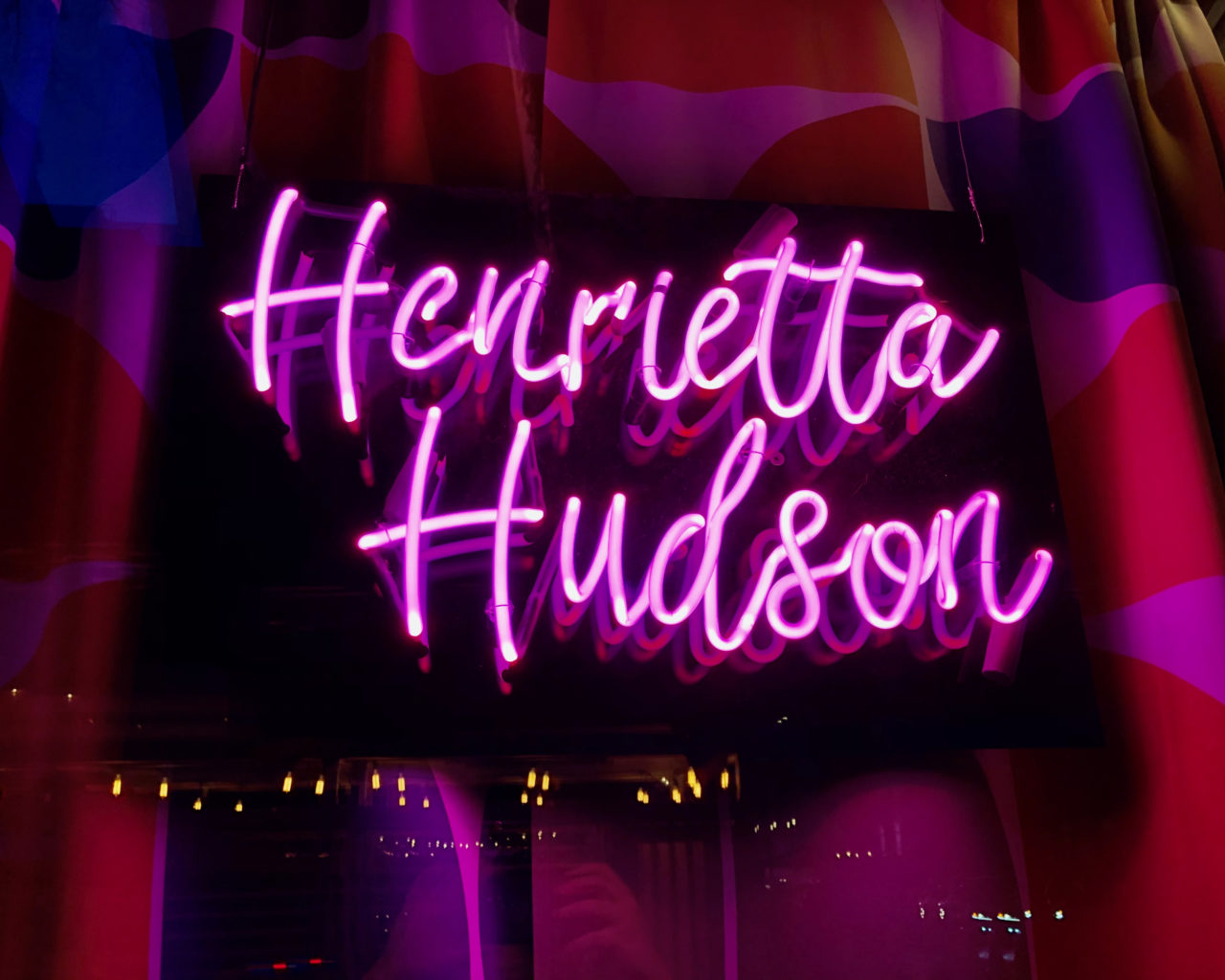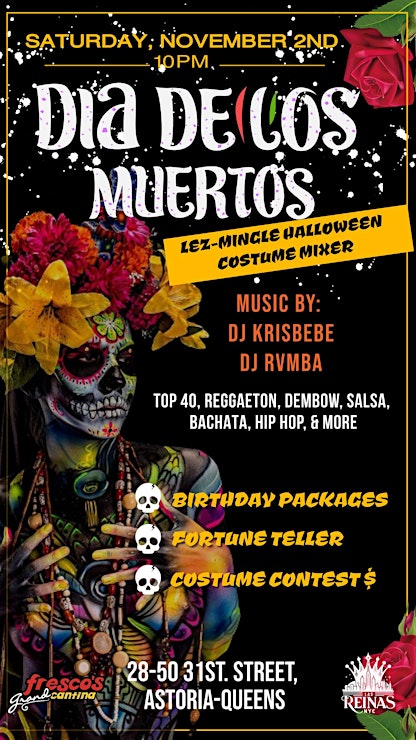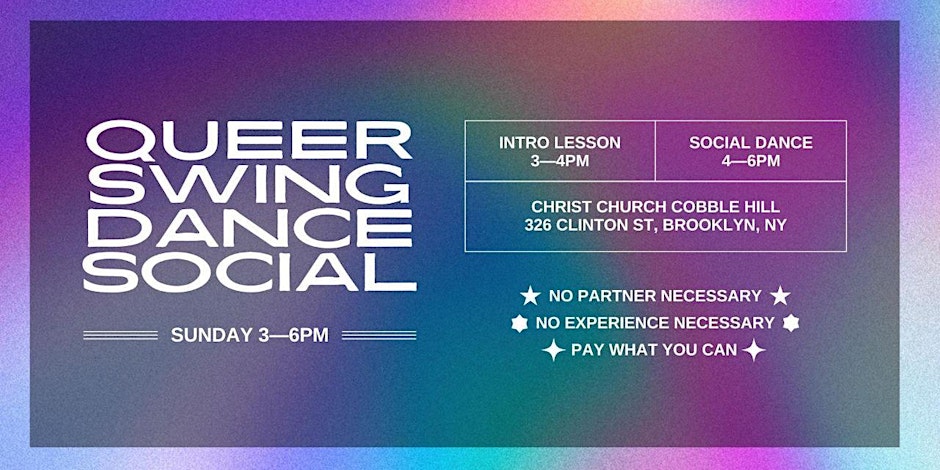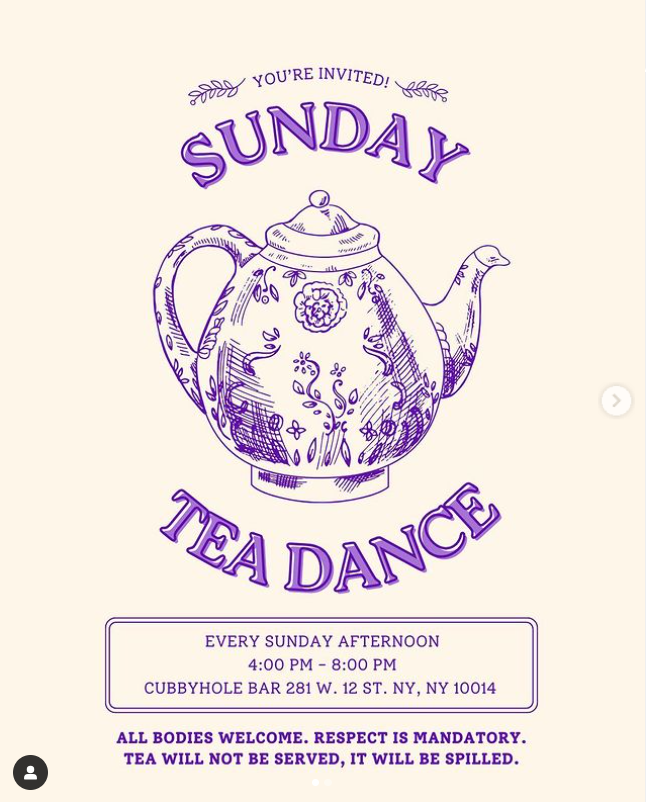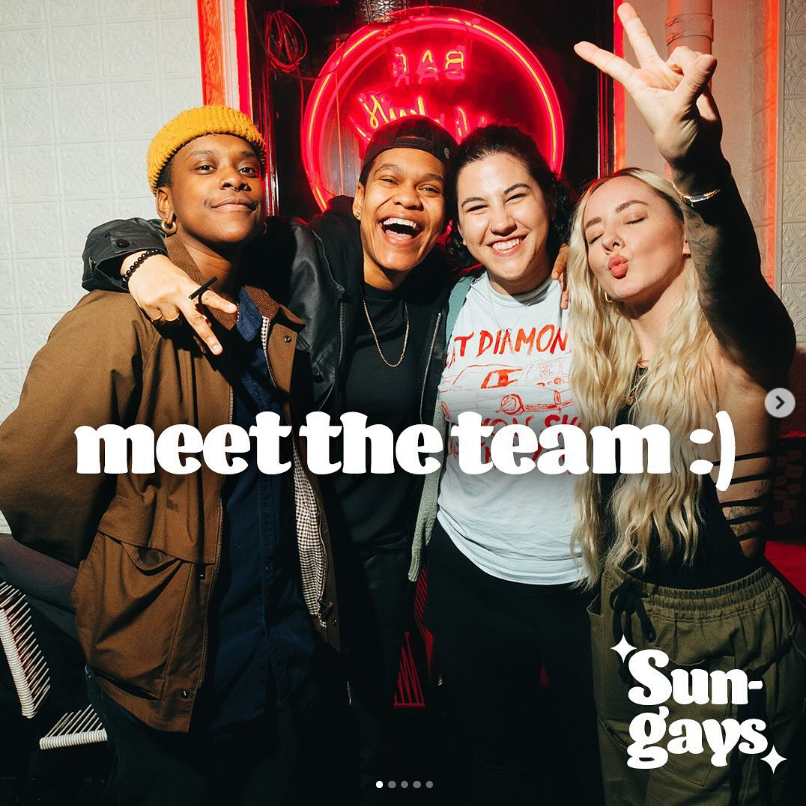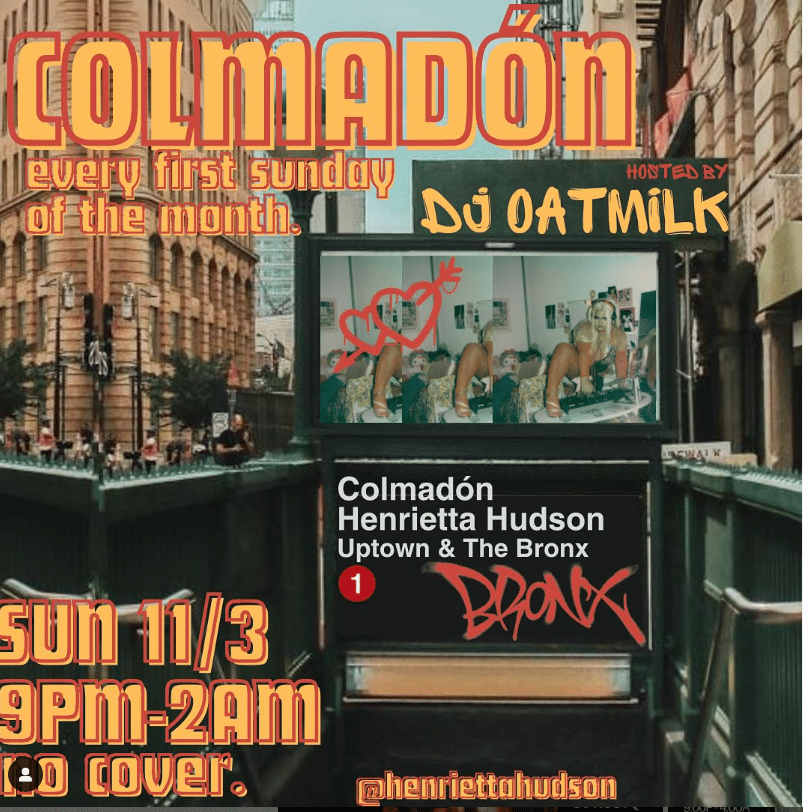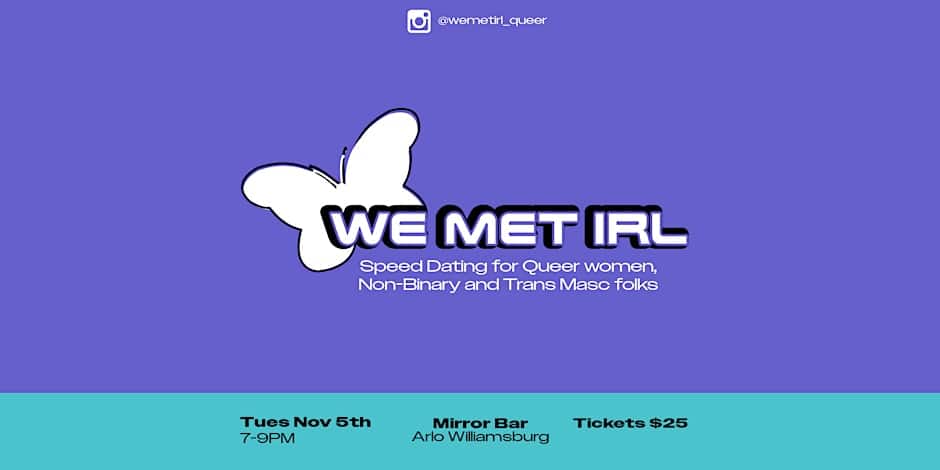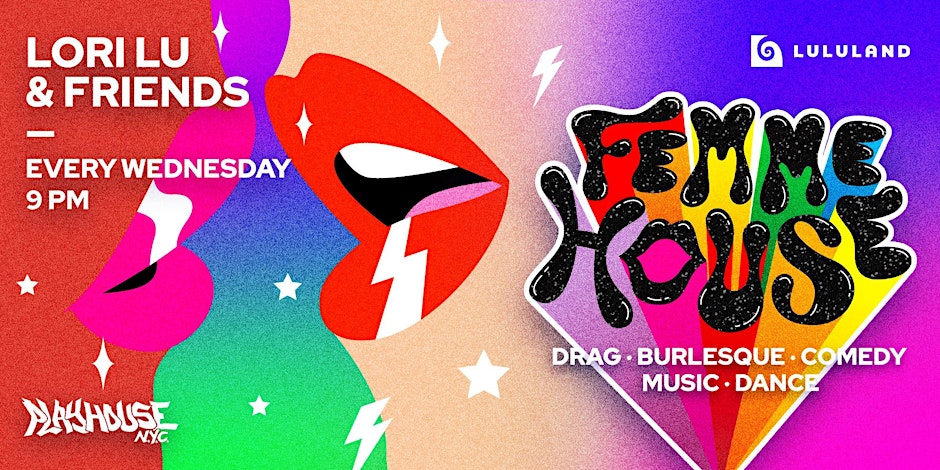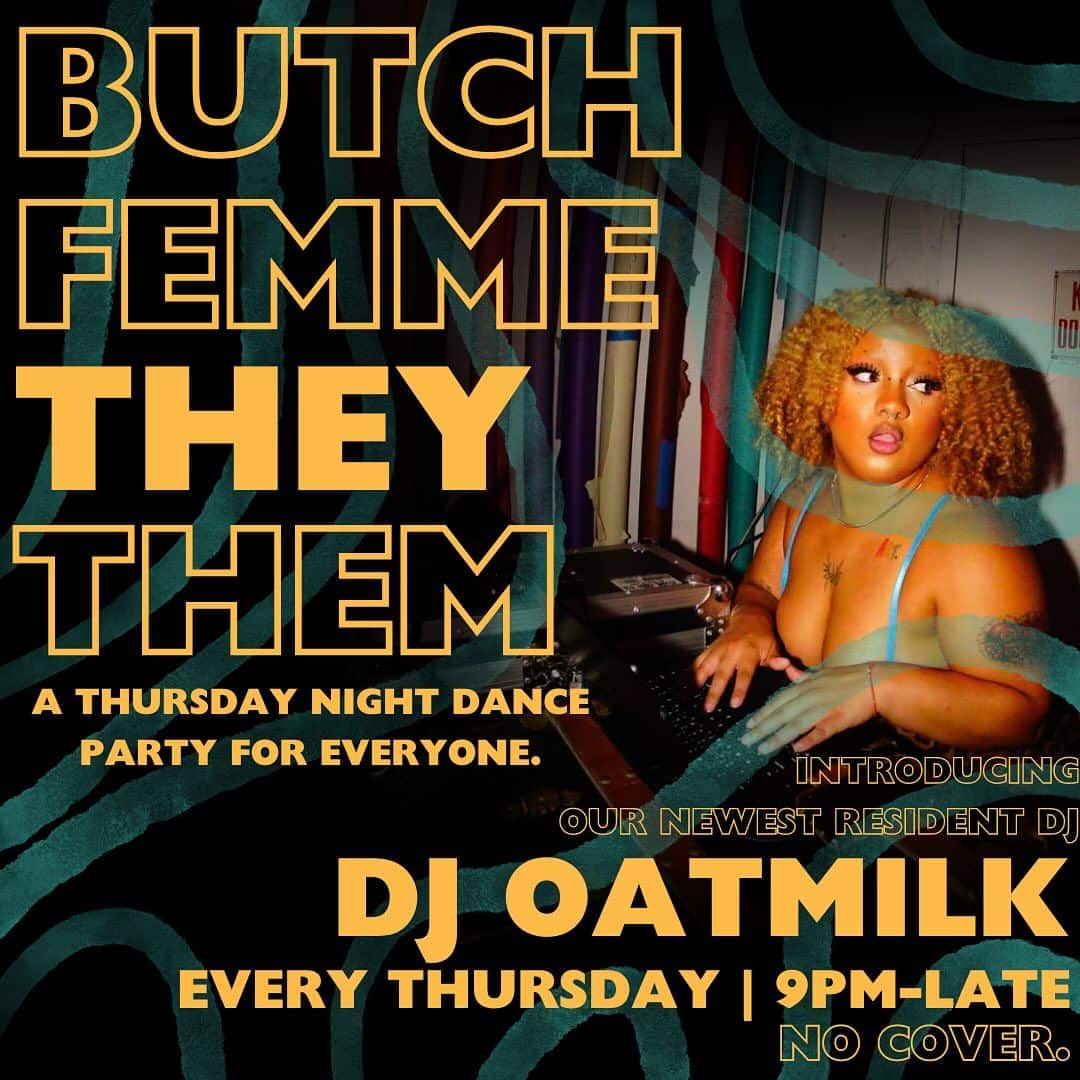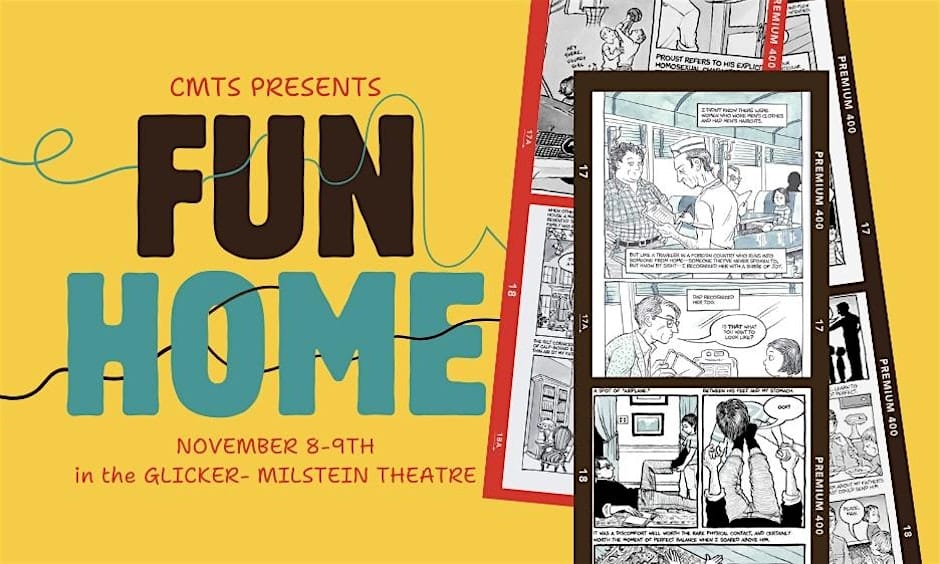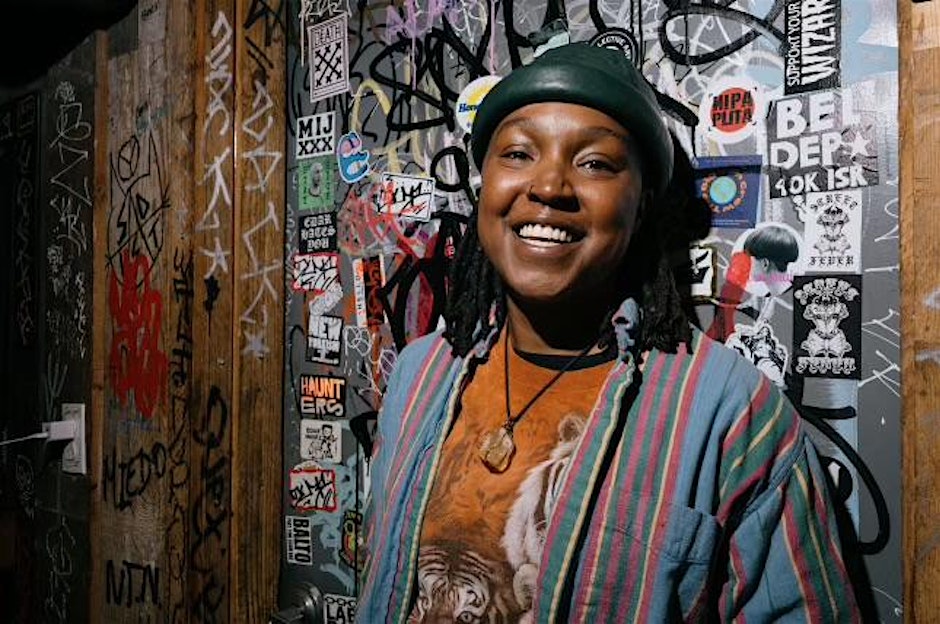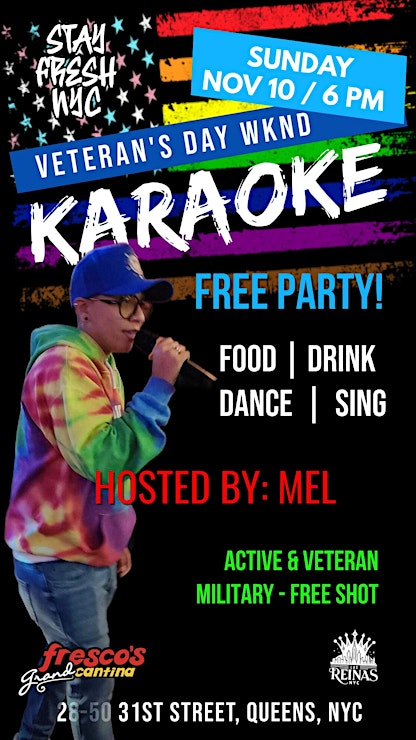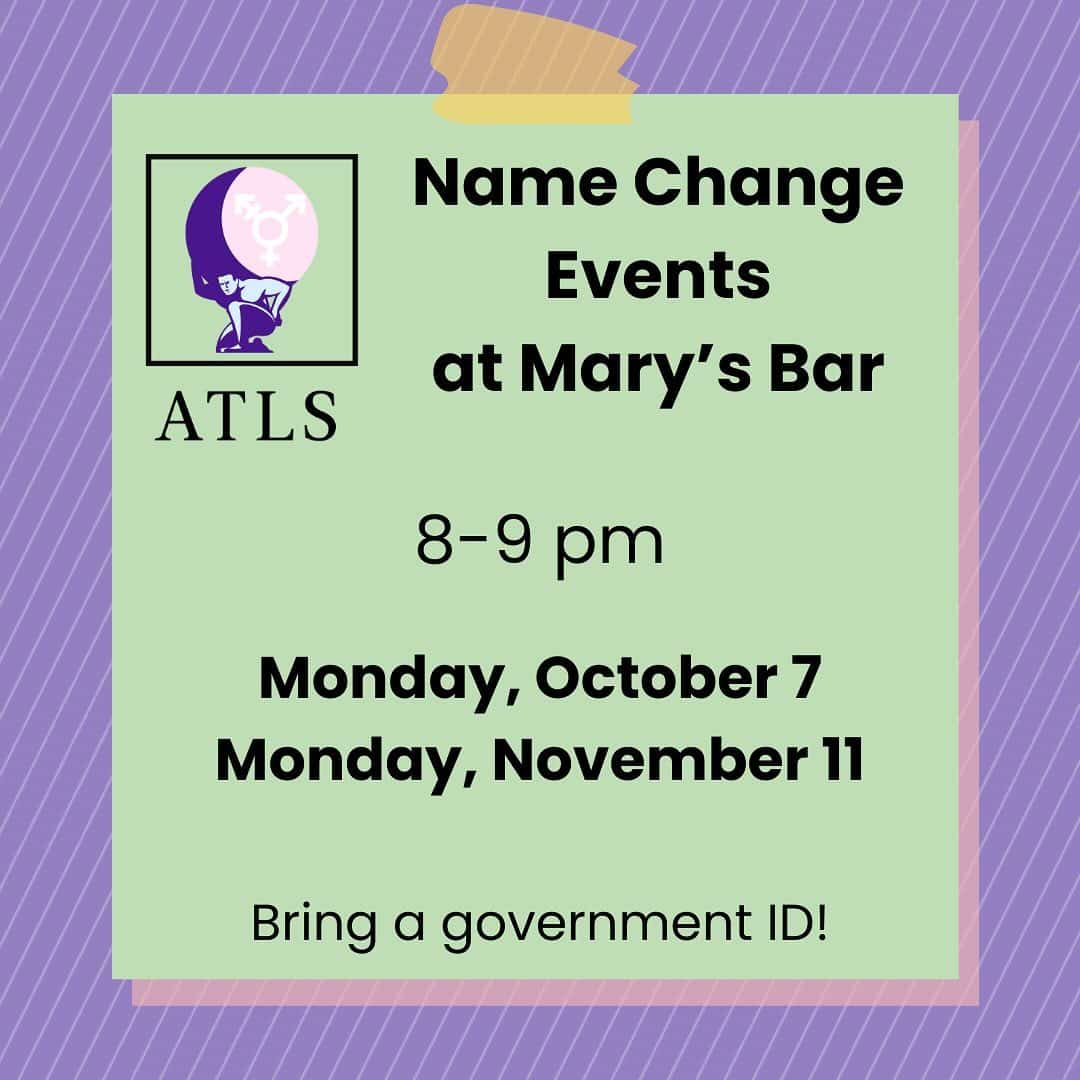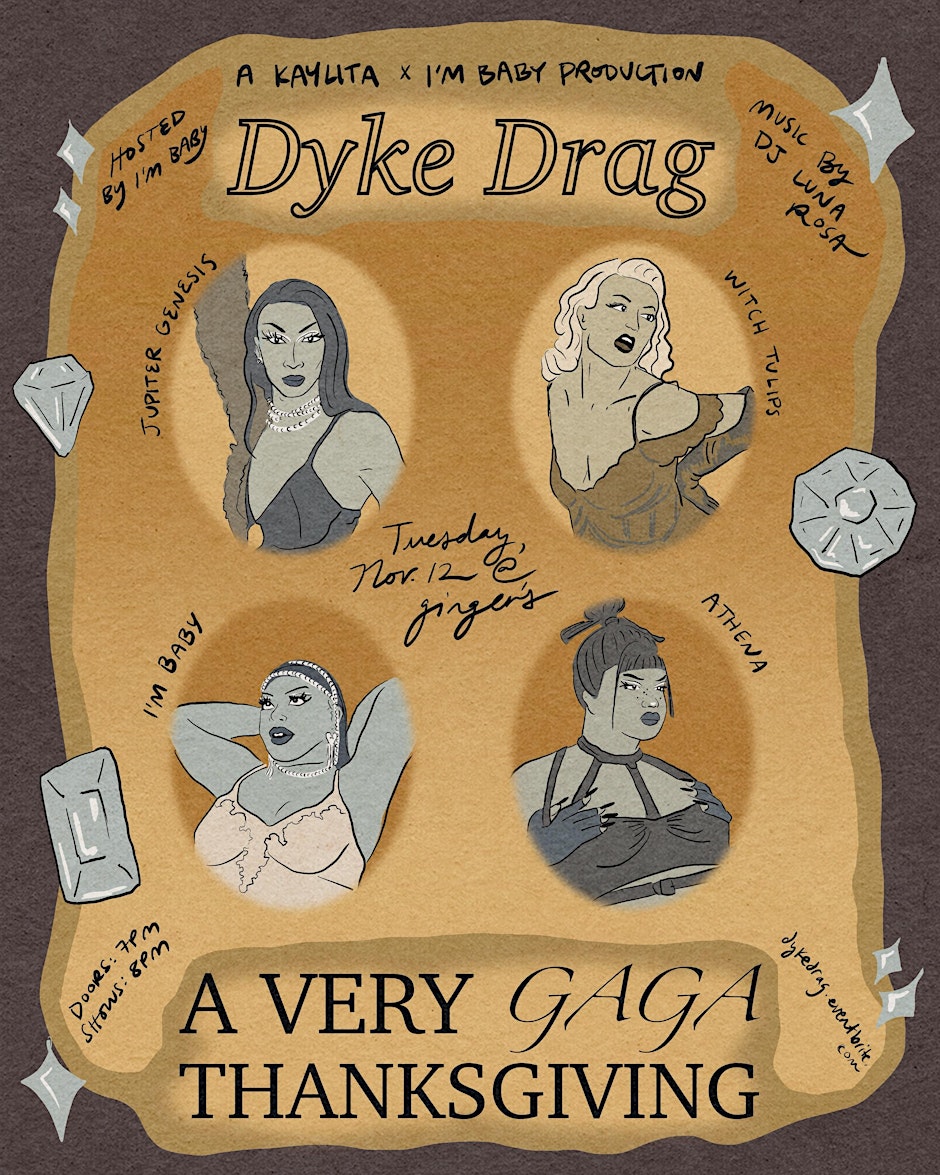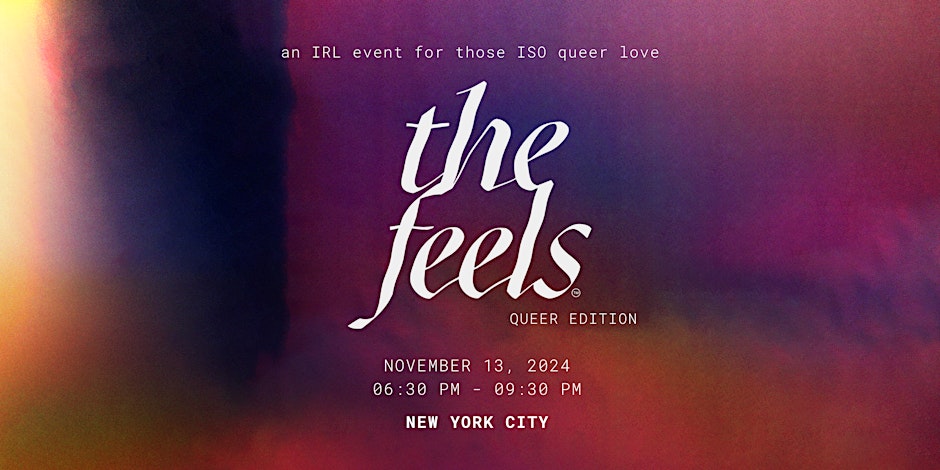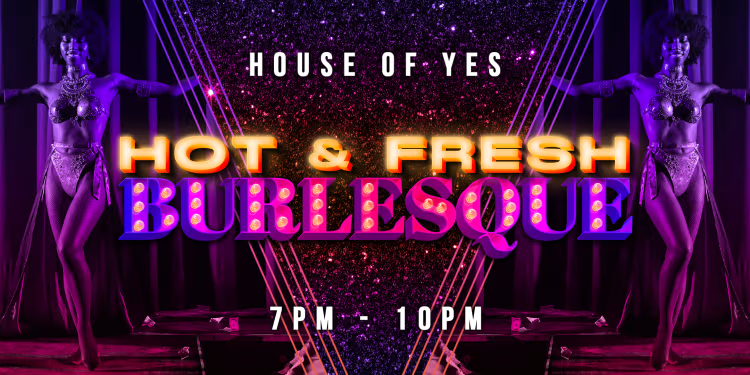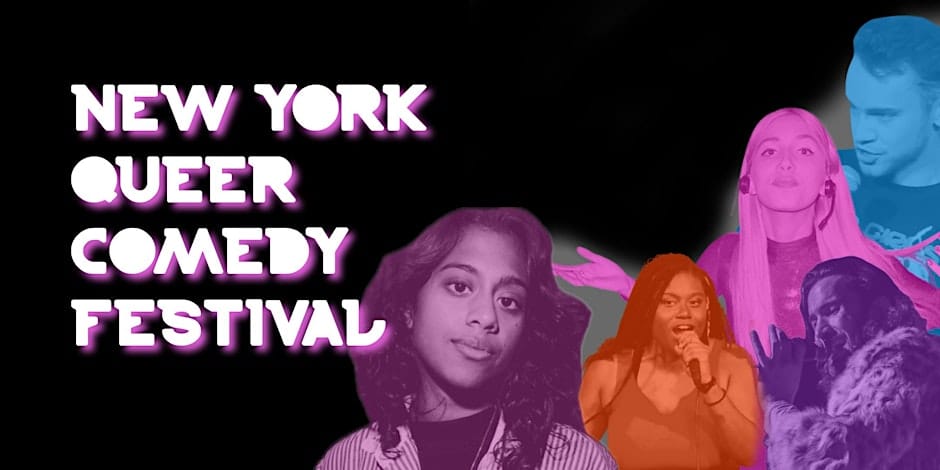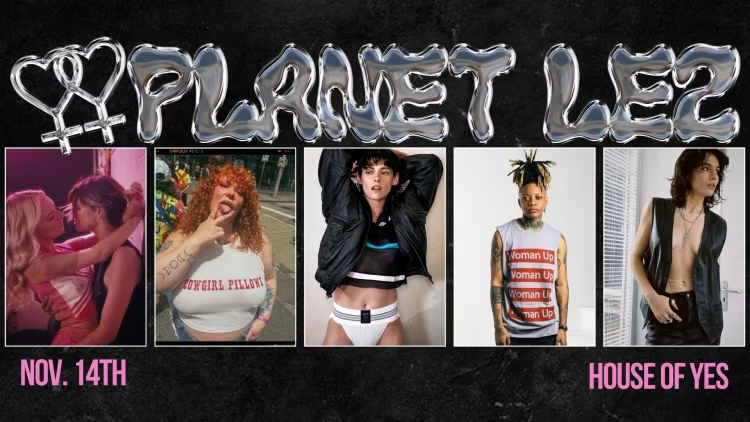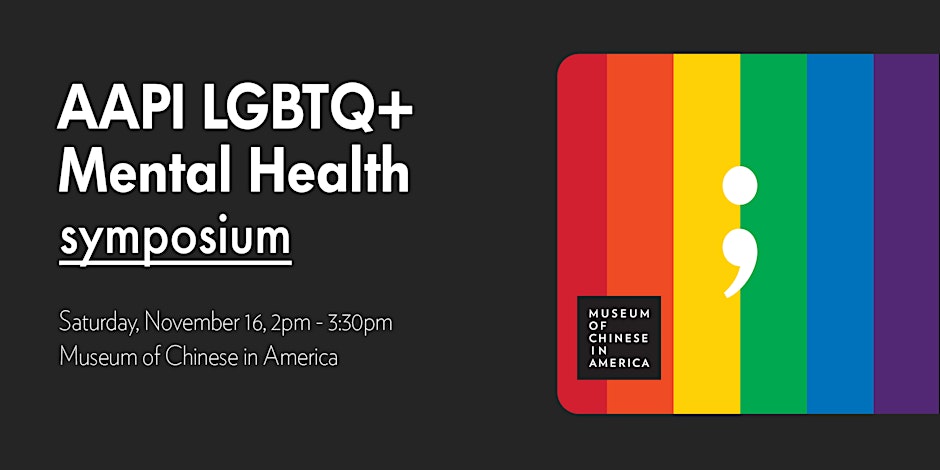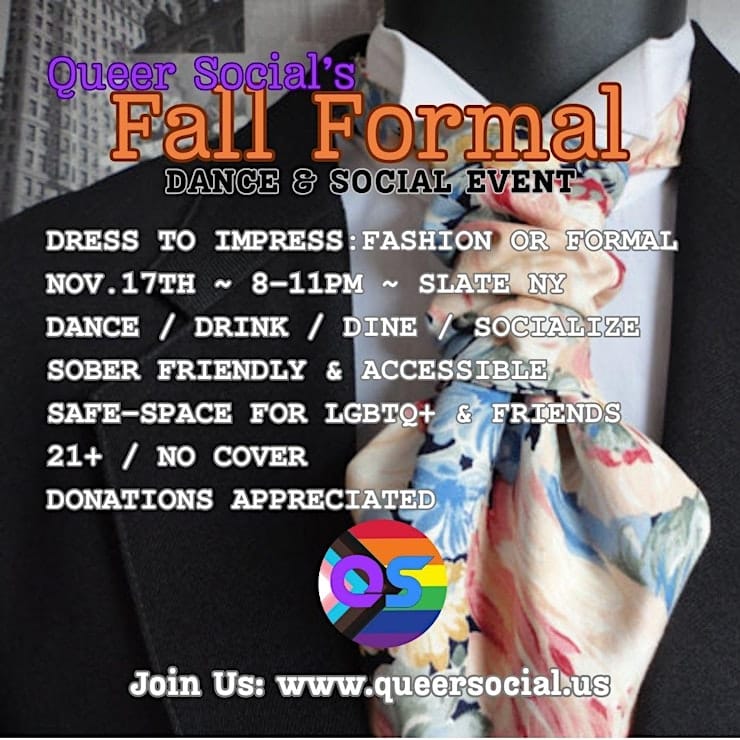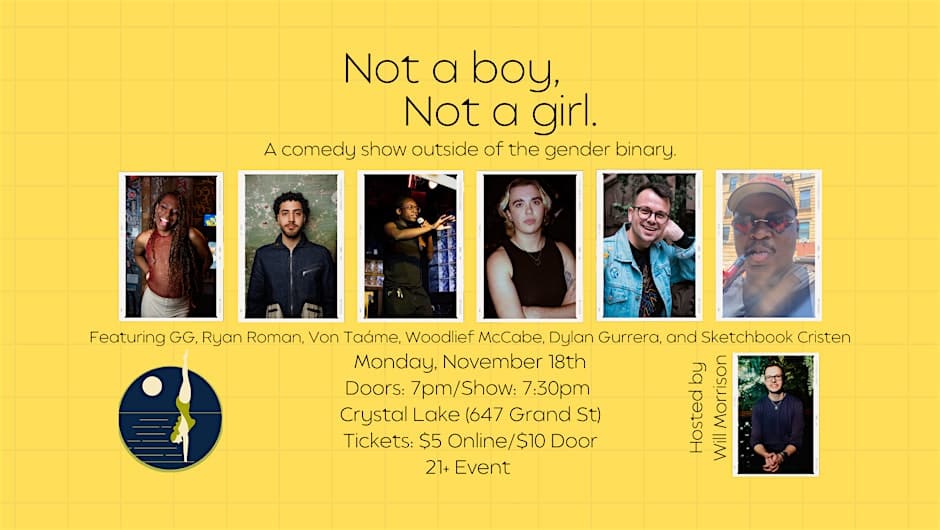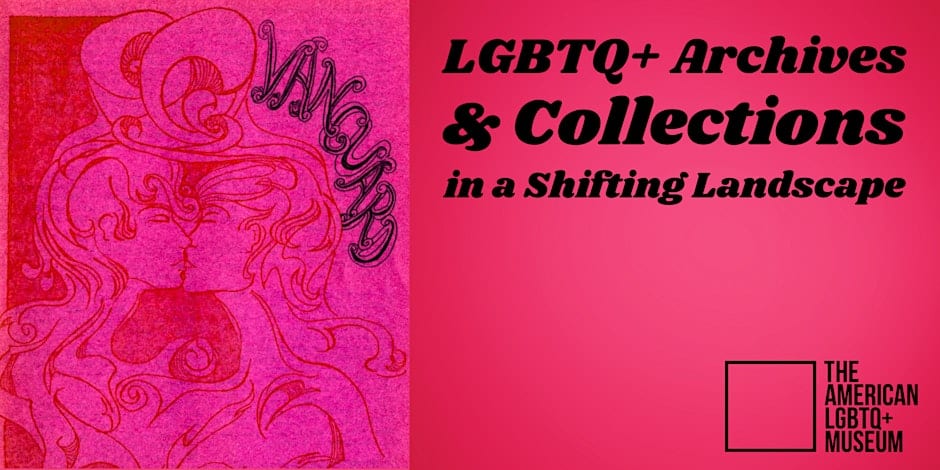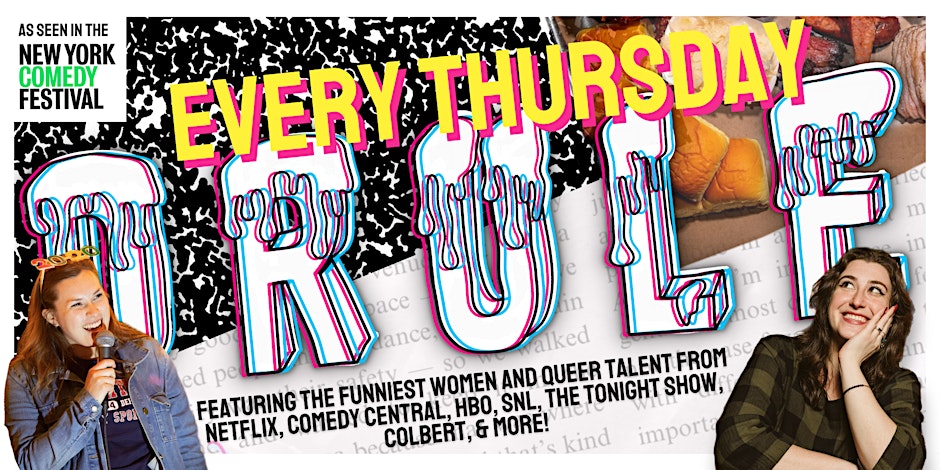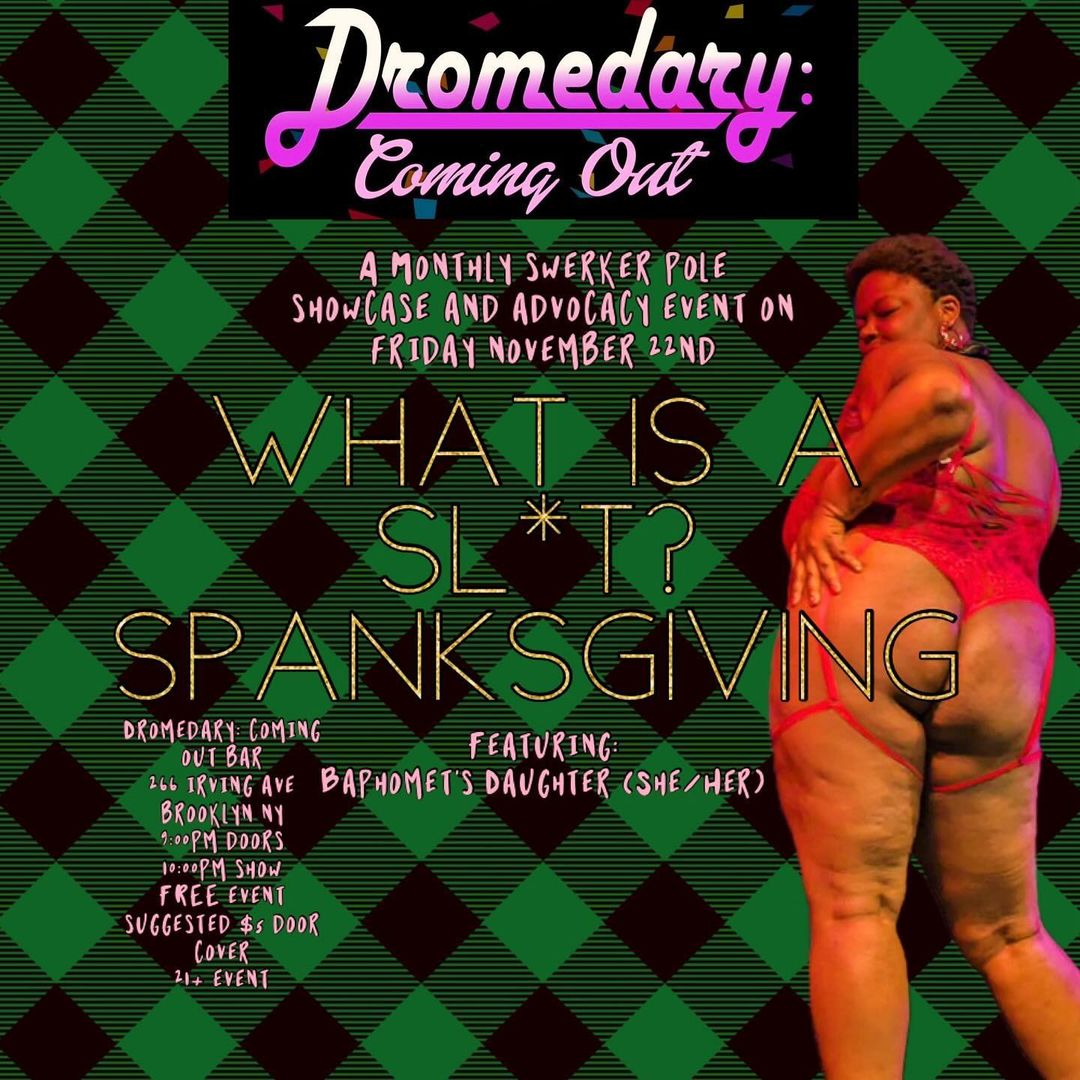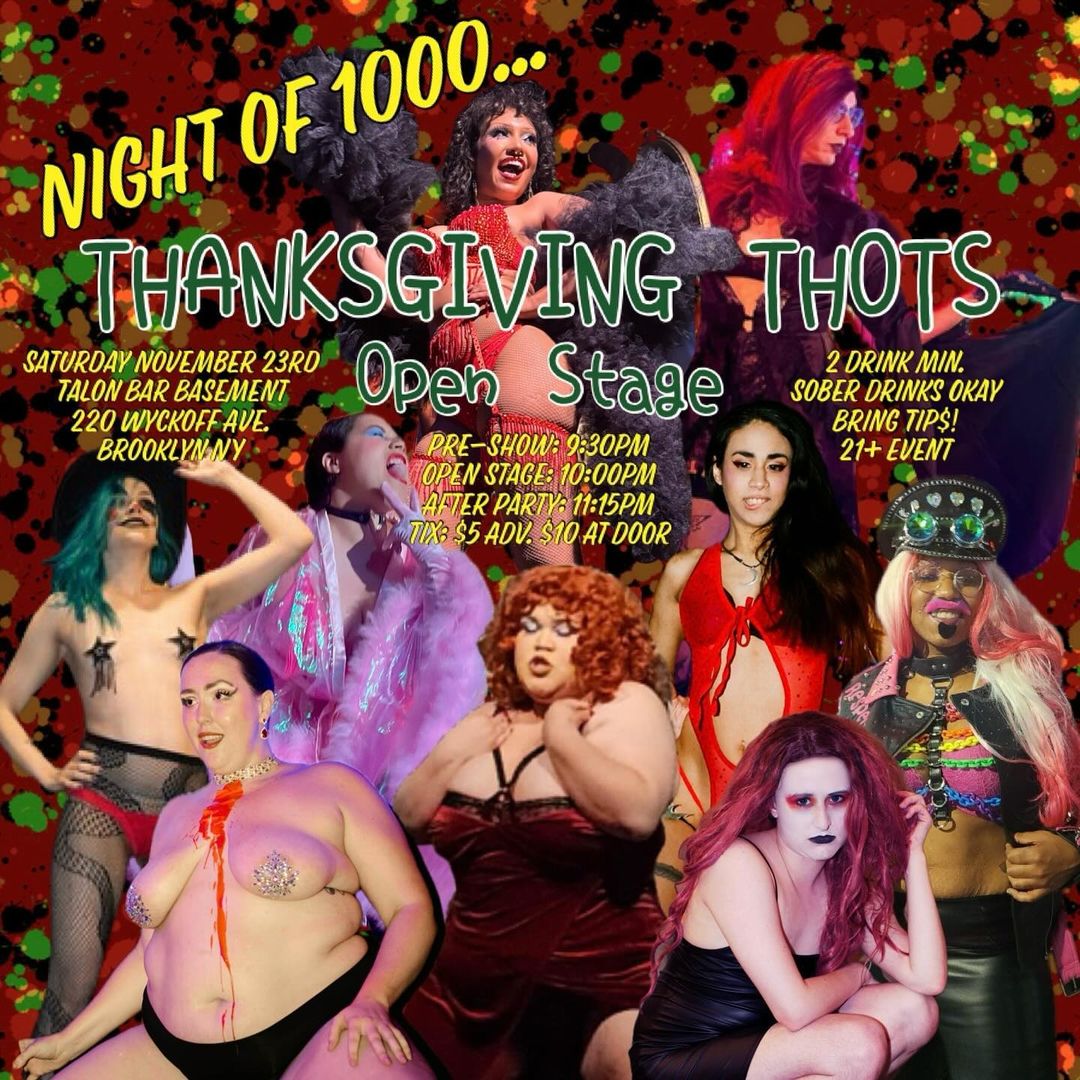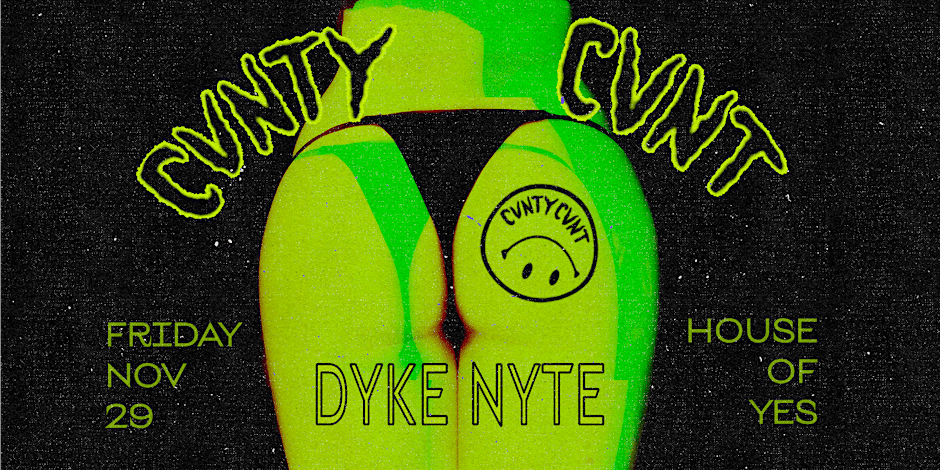Throngs of patrons rushed through the brick arches of the Stonewall Inn, with more spilling out and crowding the cobblestone streets of Greenwich Village—the same bar and the same streets where the riots that kicked off the gay rights movement had taken place 46 years prior. The U.S. Supreme Court had just ruled that same-sex marriage was a constitutional right, in effect, legalizing it in all 50 states. For the gatherers compelled to rejoice at that hallowed site, the ruling was both a personal and communal victory. As the police closed the streets surrounding the bar and the crowds continued to swell, the red glow of the Stonewall Inn’s sign shone bright.
Stacy Lentz, who serves as the public face of the most famous gay bar in the world, watched it all, stunned.
“It was just an incredible, euphoric, magical celebration of people dancing in the streets,” Lentz says. “People had fought their entire lifetimes for this. This was generations and generations of effort. And to all be at the birthplace of it and to be a part of it at that moment was just an incredible experience. I'll probably never see something like that again in my lifetime.”
Lentz is the co-owner of the legendary tavern that touched off a movement in 1969. Since 2006, she has helmed the Stonewall Inn’s community relations and marketing, putting it back on the map as a focal point in the national gay rights movement after the place had fallen onto tough times. Since then, she has had a front-row seat as history has played out again and again on Christopher Street, where people still congregate every time a victory is won. She doesn’t just witness history; she is a part of it, as the person media turn to for perspective. She also is driving that history forward, as an activist who views her position at the Stonewall Inn as a stepping stone to help the community through her political work and by organizing charity events that raise funds for everyone from teens to seniors.

“Using Stonewall as a vehicle to make a difference is just something I am passionate about,” says Lentz, 46, whose signature blond corkscrew curls are a familiar sight on local broadcasts.
Now, with the National Park Service considering designating the Stonewall Inn’s environs as the first-ever national monument to LGBT history, Lentz is seeing her contributions to the LGBT community blossom into a lasting legacy. Lentz spoke before the Secretary of the Interior earlier this month. President Obama is expected to make the designation in time for Pride.
This acknowledgment “helps cement Stonewall in its rightful place in the history of our country,” Lentz says. “This solidifies everything generations of activists have worked for, to keep the legacy alive. It's incredible to have that recognition on such a monumental scale.”
It took years of fortitude, an entrepreneurial spirit and a great loss to lead Lentz to this moment.
A LOSS, AND A SECOND CHANCE
Lentz’s experience at the Stonewall Inn on the night of the Supreme Court decision was vastly different from the first time she walked into the dim bar in the mid-1990s. While the Stonewall Riots of 1969 had immortalized the watering hole, and set the course for the decades of struggles and victories to follow, the building crumbled.
Lentz had decided to stop in with some gay friends, and immediately felt uncomfortable. “It was just a very different, seedy, dark place, where there were never women,” she says. She thought to herself, “So this is what the birthplace of gay rights looks like?”
During those years, Lentz was busy building her career in recruitment. She didn’t exactly set her sights on getting into the gay bar scene. But in the early ‘00s, she and her brother went in together on a bar outside New Orleans, called Spirit on the Beach. They’d had it only a year when Hurricane Katrina came ashore. “There wasn’t a brick left of the building,” she says. A deli and a liquor store they owned were also “wiped out.” It was a devastating tragedy for Lentz.
Still mourning her bar a year later, fate brought her a new one. Around that time, Lentz enjoyed hanging out at the Duplex, another Christopher Street institution, where she met Kurt Kelly, a bartender there. Kelly presented her with an idea to go in together on the Stonewall Inn with other investors. At the time, the bar was closed and in disrepair.

Lentz jumped at the chance. “Having this disaster that was Katrina and having several businesses gone,” says Lentz, “this was the opportunity of a lifetime.”
Lentz envisioned creating a space where everyone would feel welcome. Maintaining the bar’s sense of history and legacy remained paramount, but Lentz knew that the future of Stonewall was linked to inclusivity. She wanted the place to draw?“allies, gay, straight, everybody under the LGBTQ umbrella.” Keeping up plaques and old photographs as a nod to the bar’s rich legacy was important to Lentz and the other investors. And none of them wanted to change the Stonewall Inn’s “dive bar essence.”
As the only female investor, she had a few non-negotiable stipulations. First and foremost, she wanted to get women from the community more involved by hiring female DJs and bartenders. Danielle Stanziale was an up-and-coming women’s party promoter when Lentz contacted her. “Stacy Lentz was the reason for me working as a promoter,” Stanziale says. Lentz’s second demand was that she could use the location to host nonprofit events that supported the LGBT community.
To longtime business partner Leslie Hurst, Lentz’s involvement in Stonewall seemed like a natural fit. “She has always been in the thick of the community and gay rights movement,” Hurst says. “She has a unique, well-informed view that has helped her become such an effective spokesperson for the LGBT community.”
FROM KANSAS TO NYC
Lentz’s desire to give back began long before she became the successful entrepreneur she is today. She grew up in a tiny, conservative Christian town in Kansas in the 1970s, “literally in the middle of a cornfield,” where she constantly saw people shun and mock those who were simply suspected of being gay. Brandon Teena, the transgender teenager who inspired the film “Boys Don't Cry,” lived in the same Nebraska town as Lentz’s grandmother, where Lentz spent a lot of time growing up. He was brutally murdered only 50 miles away from Lentz’s own home.
Though her family was supportive of her, her world was “very, very homophobic. I didn't want anyone to have go through what I went through as a kid.”
It was in that rural environment, as a member of the 4-H Club, that the seeds for her future public speaking duties first sprouted. “I was giving demonstrations on how to make chocolate chip cookies since I was 7 years old,” she says. She majored in broadcast journalism in college and went on to have her own radio show—her first platform to discuss her political beliefs. After graduating in 1992, she got a job knocking on doors for the Clinton-Gore campaign.

Lentz spent her summers in the Berkshires working at an exclusive Jewish summer camp for girls, and after only a few years, was promoted to executive director. At the age of 25, she was surprised to find herself running a million-dollar business.
Overwhelmed, she left for New York City with no job, subleasing a friend’s place, “dirt poor, with everything in the back of my car.” She walked into a recruiting firm looking for a job, and found one—with the recruiting firm. “They said, ‘Oh, you would be really good at this. Working at camp you had to go around hiring counselors, hiring people from all over the world. You're perfect for this.’”
After 20 years running recruiting firms for other people, she decided to go out on her own, and three years ago, she founded R Squared. The firm, which specializes in placing talent acquisition and human resources personnel, is how Lentz, a one-time “Apprentice”?applicant, is able to fund her activism.
WORDS OF WISDOM
Lentz serves mainly as a spokesperson for the Stonewall Inn, with day-to-day management handled by her partners. She does the marketing that gets women in the door, liaises with politicians, organizes charity events, and acts as the face of the bar and all it represents.
“She's a great advocate for Stonewall, that's why I asked her to join,” says co-owner Kelly. “When there are reporters around, she’s right on it. I couldn't have picked a better person.”
Since the Stonewall Inn’s relaunch after Lentz came on board, she’s been party to a slew of accomplishments. The most recent: seeing the New York City Landmarks Preservation Commission grant the tavern landmark status last summer, just days before the city’s Pride celebration. Lentz once again landed in the news, speaking for the Stonewall Inn—and by default, for the LGBT?community at large.
“She’s like the Katie Couric or Lester Holt of LGBT relations,”?says Hurst, who is collaborating with Lentz on a Stonewall Inn Resort project. “If something has happened, good or bad, we’re all waiting to hear what Stacy has to say.”
One of Lentz’s favorite events at the Stonewall Inn has been the Hetrick Martin Institute Prom, for LGBTQ youth. The bar only serves diet soda on that night. “To see those young kids, just in heaven, understanding the history and being in that space, boy that's cool.”
On the other end of the spectrum, Lentz loves her involvement in a roaming annual event called Vintage, which draws women mostly in their 50s and 60s. At the last event, Lentz had a special conversation with an 89-year-old disco-dancing woman. “She came over afterwards and said, ‘Thank you for giving us this space, this opportunity to come out and dance. We don't feel like there is a place for us to go have fun.’” Years back, in Kansas, when Lentz dreamed of making the world a better place for younger generations, she didn’t know she would do so for older generations as well.
It’s all part of the job of preserving a site so sacred to the LGBT community. “We get that this is the birthplace of gay rights and we are shepherds of that history now,” Lentz says.
While LGBT rights have come so far recently, Lentz is adamant that there is still much work to be done. “Any time that any great social justice movement and civil rights movement has gone forward there has always been a period of backlash,” she says. “I'm actually surprised, honestly, that it hasn't been a bigger backlash.”
Living in New York City, she says, is essentially like living in a bubble. The battles fought here do not always guarantee victory everywhere else. “The fight's not over until everybody, the trans community, the bi community, everybody, is treated equally. We can win things legally, but we have all forgotten there are still places in this world where you can be killed just for being gay.”
Her biggest worry is that the younger LGBT generation won't understand how important it is to get involved. After all, she says, it’s a matter of weaving the past into the present. “Whether you want to be or not, you’re still from that lineage,” she says. “Definitely know your history.”




